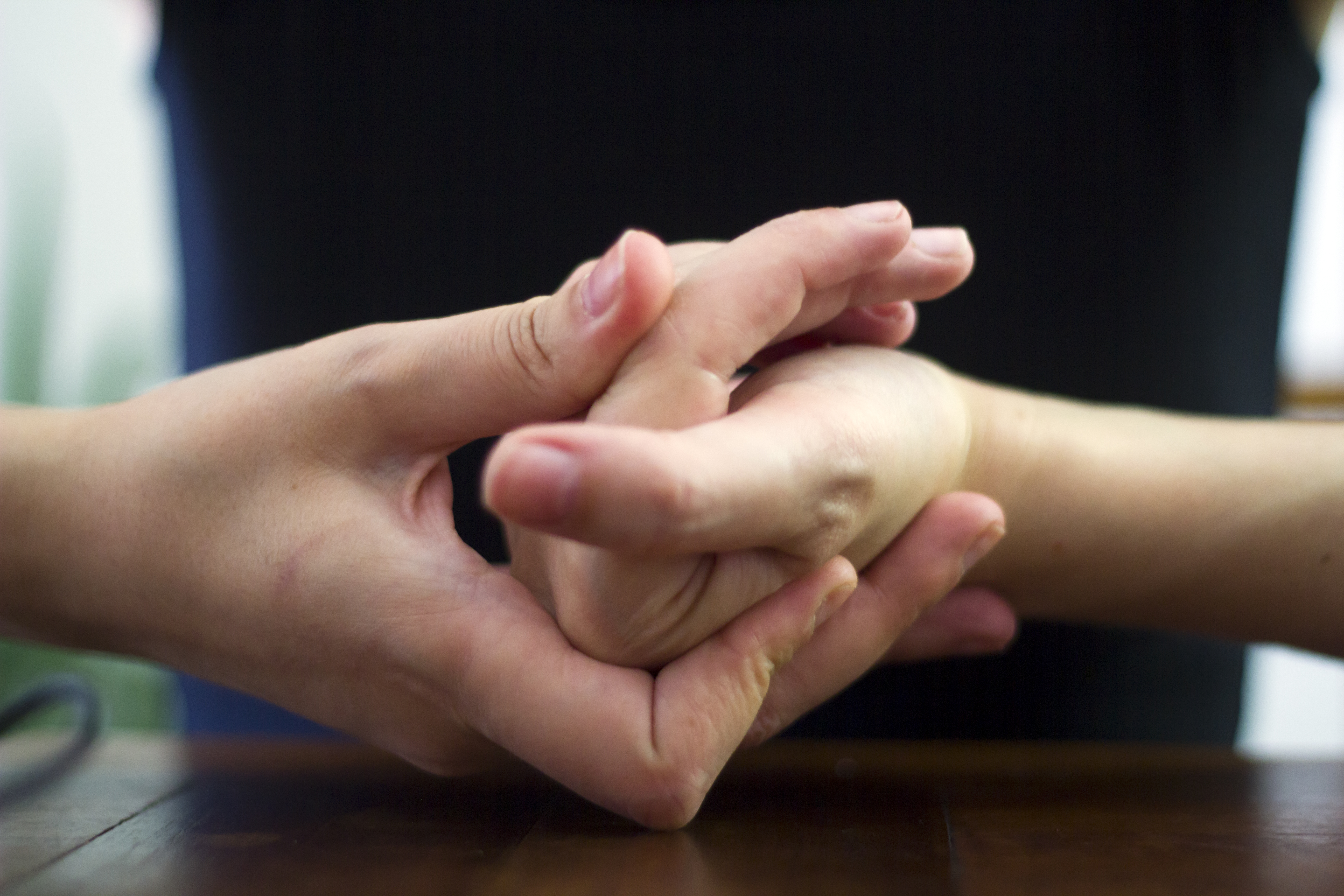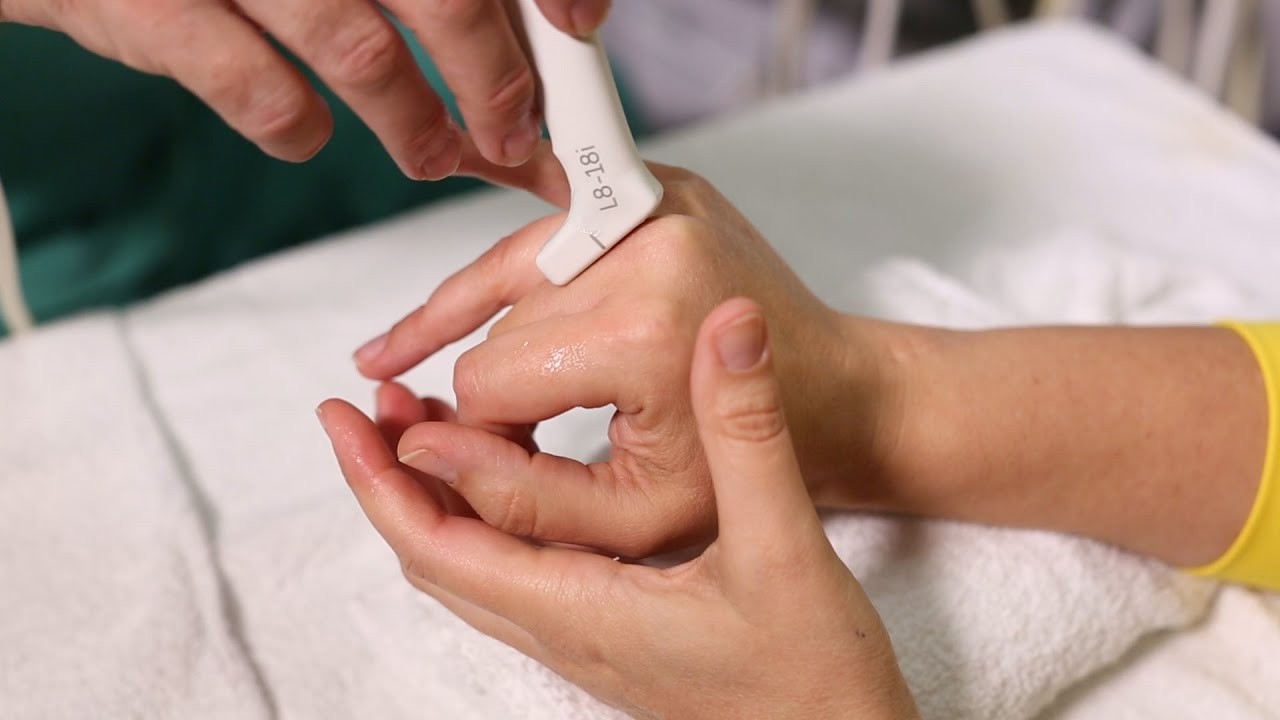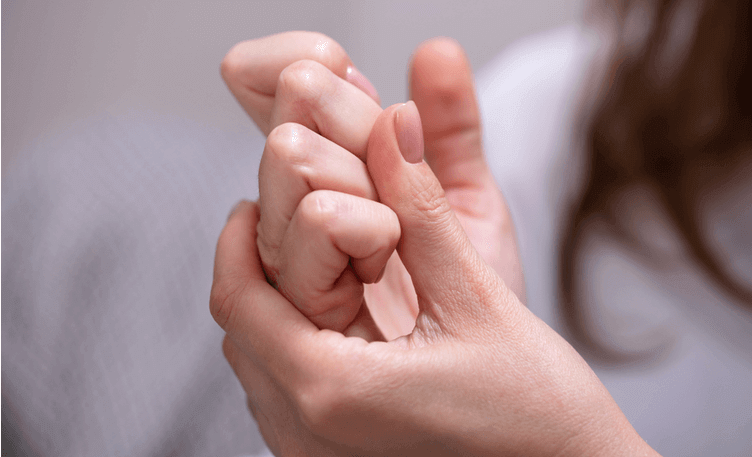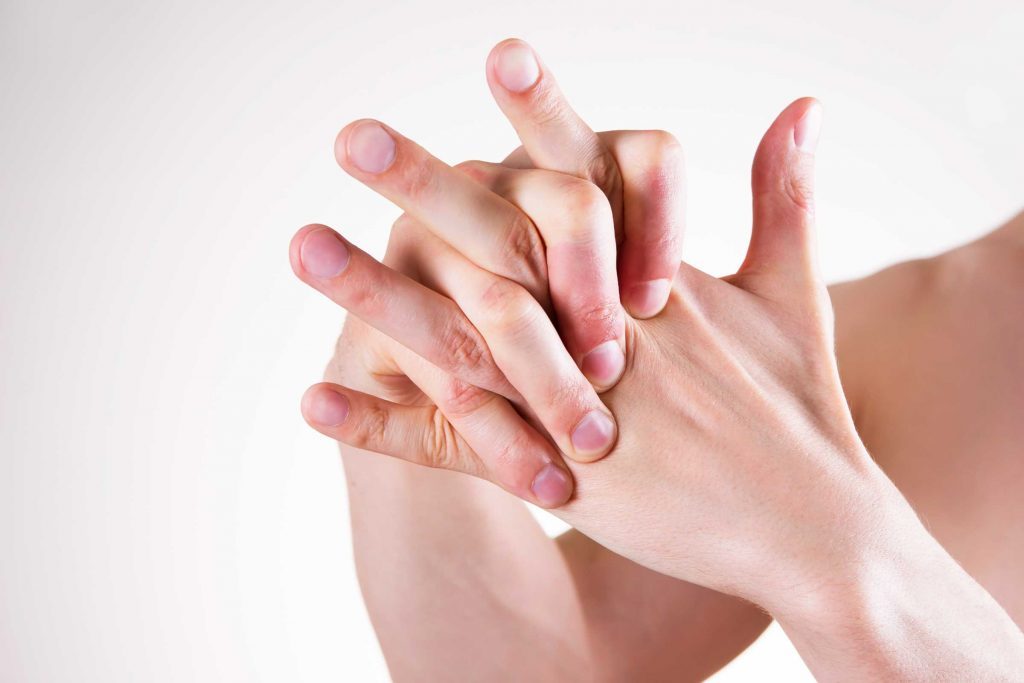
Cracking joints is a common phenomenon that many people experience. This can happen while bending, stretching, or even just sitting in one place for a long time. However, there is a common belief that cracking joints can lead to arthritis. Is there any truth to this belief? Let's find out.
What is Arthritis?

Arthritis is a condition that affects the joints, causing pain and inflammation. There are over 100 types of arthritis, including osteoarthritis, rheumatoid arthritis, and psoriatic arthritis. The most common type of arthritis is osteoarthritis, which occurs when the cartilage that cushions the joints wears down over time. This can cause the bones to rub against each other, leading to pain, stiffness, and swelling.
What Causes Cracking Joints?
Cracking joints occur when the gas bubbles in the synovial fluid that surrounds the joints pop. Synovial fluid is a lubricating fluid that helps to reduce friction between the joints. When the joints are stretched or moved, it causes a change in pressure that can cause the gas bubbles to pop, resulting in a cracking sound.
Is Cracking Joints Harmful?

Cracking joints are generally not harmful. It is a harmless habit that many people have, and it does not cause any damage to the joints. However, excessive cracking of joints can be a sign of an underlying problem. If you experience pain or discomfort while cracking your joints, it is best to consult a doctor.
Is There a Link Between Cracking Joints and Arthritis?
/143073207-56a6d9b13df78cf772908c6b.jpg)
There is no scientific evidence to suggest that cracking joints can lead to arthritis. In fact, several studies have shown that there is no link between cracking joints and the development of arthritis. However, some studies have suggested that people who crack their joints frequently may be more likely to develop joint problems later in life.
What Are the Risk Factors for Arthritis?

There are several risk factors for arthritis, including age, genetics, obesity, joint injuries, and infections. Age is a significant risk factor for arthritis, and the risk increases as you get older. Genetics also play a role in the development of arthritis, as some types of arthritis are hereditary.
How Can You Prevent Arthritis?
While you cannot prevent arthritis entirely, there are several things you can do to reduce your risk. Maintaining a healthy weight, staying physically active, and avoiding joint injuries can help reduce your risk of developing arthritis. Eating a healthy diet that is rich in fruits, vegetables, and whole grains can also help reduce inflammation in the body, which can contribute to arthritis.
How Can You Manage Arthritis?

If you have arthritis, there are several things you can do to manage your symptoms. Exercise can help reduce pain and stiffness in the joints, as well as improve flexibility and strength. Physical therapy can also be beneficial for people with arthritis, as it can help improve mobility and reduce pain. Medications such as nonsteroidal anti-inflammatory drugs (NSAIDs) and disease-modifying antirheumatic drugs (DMARDs) can also be used to manage arthritis symptoms.
The Bottom Line

Cracking joints is a common habit that many people have, but it does not cause arthritis. While there are several risk factors for arthritis, such as age, genetics, and obesity, cracking joints is not one of them. However, if you experience pain or discomfort while cracking your joints, it is best to consult a doctor to rule out any underlying joint problems.